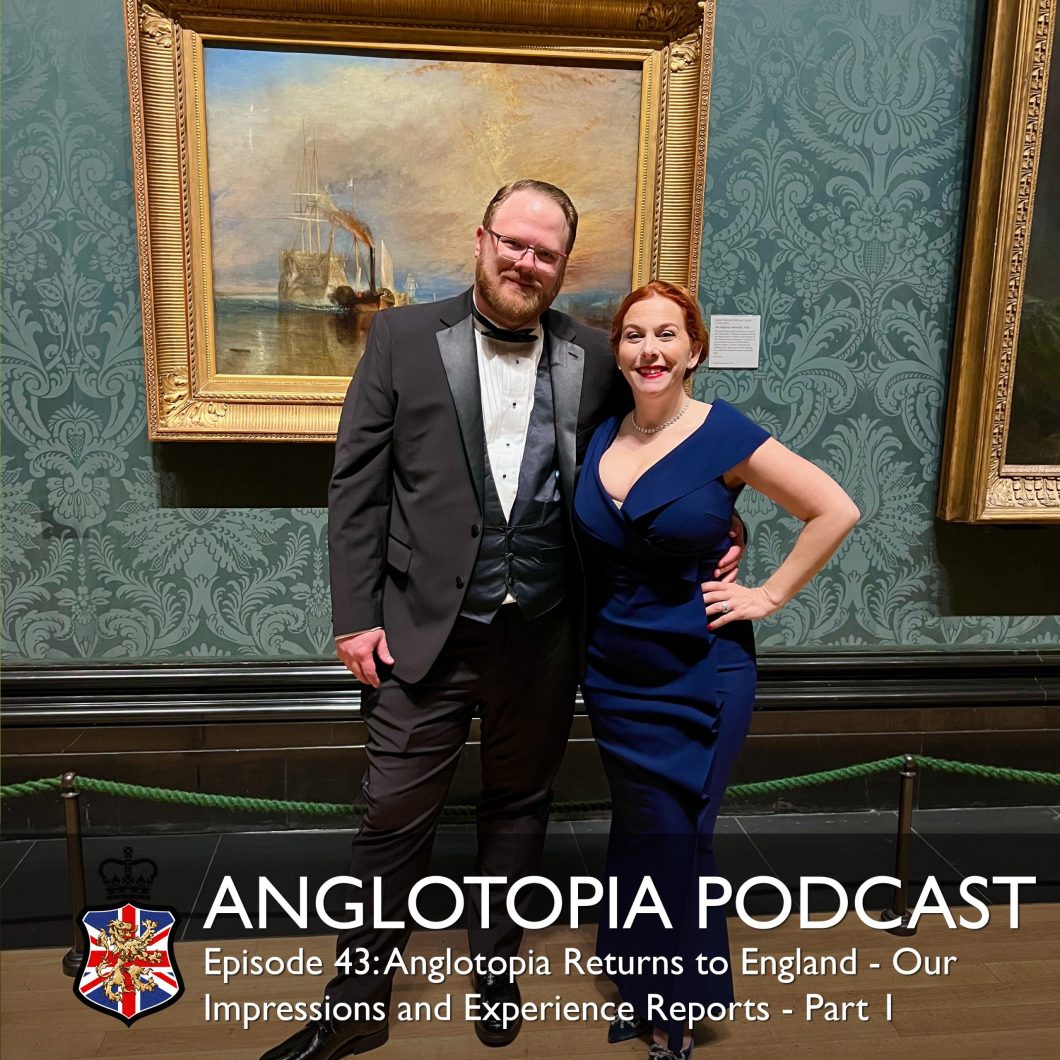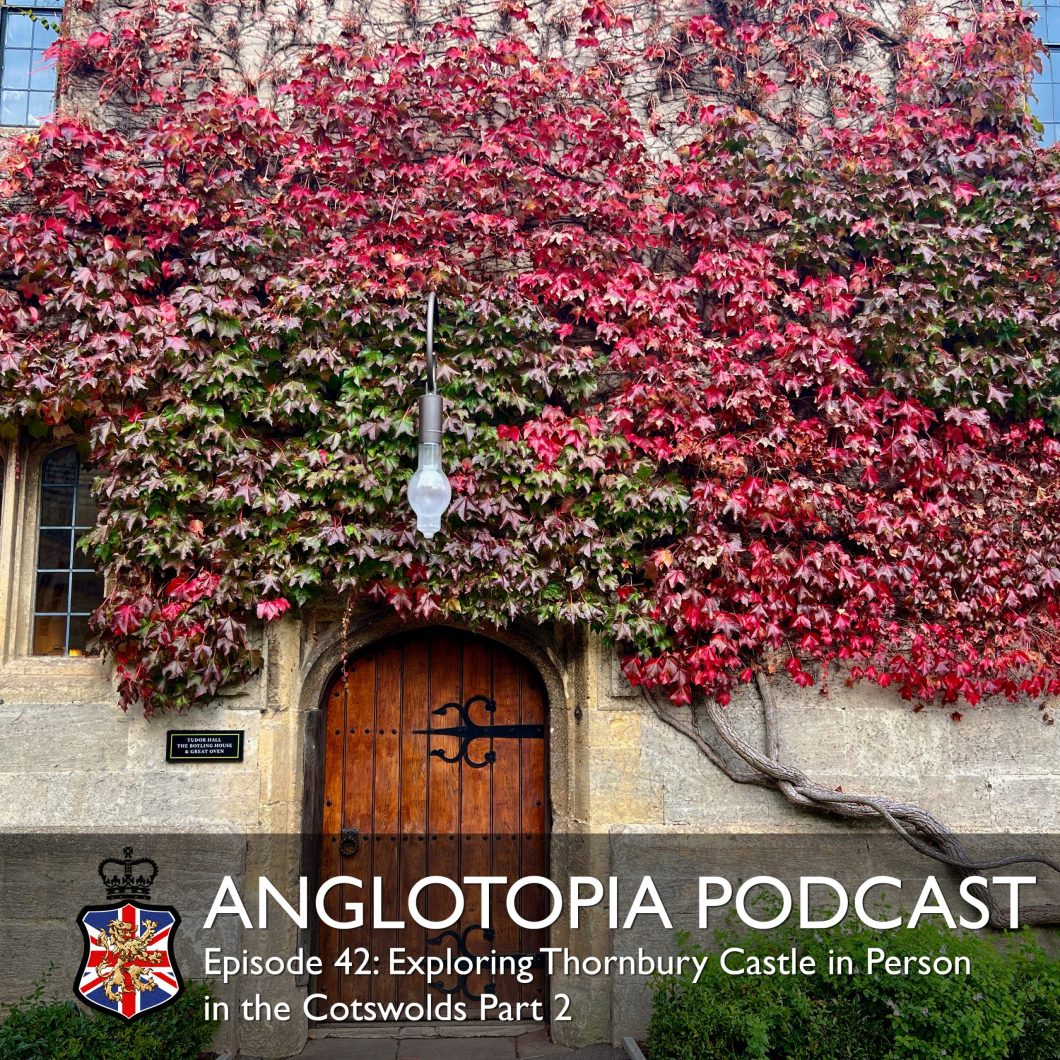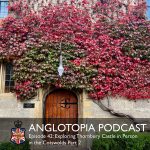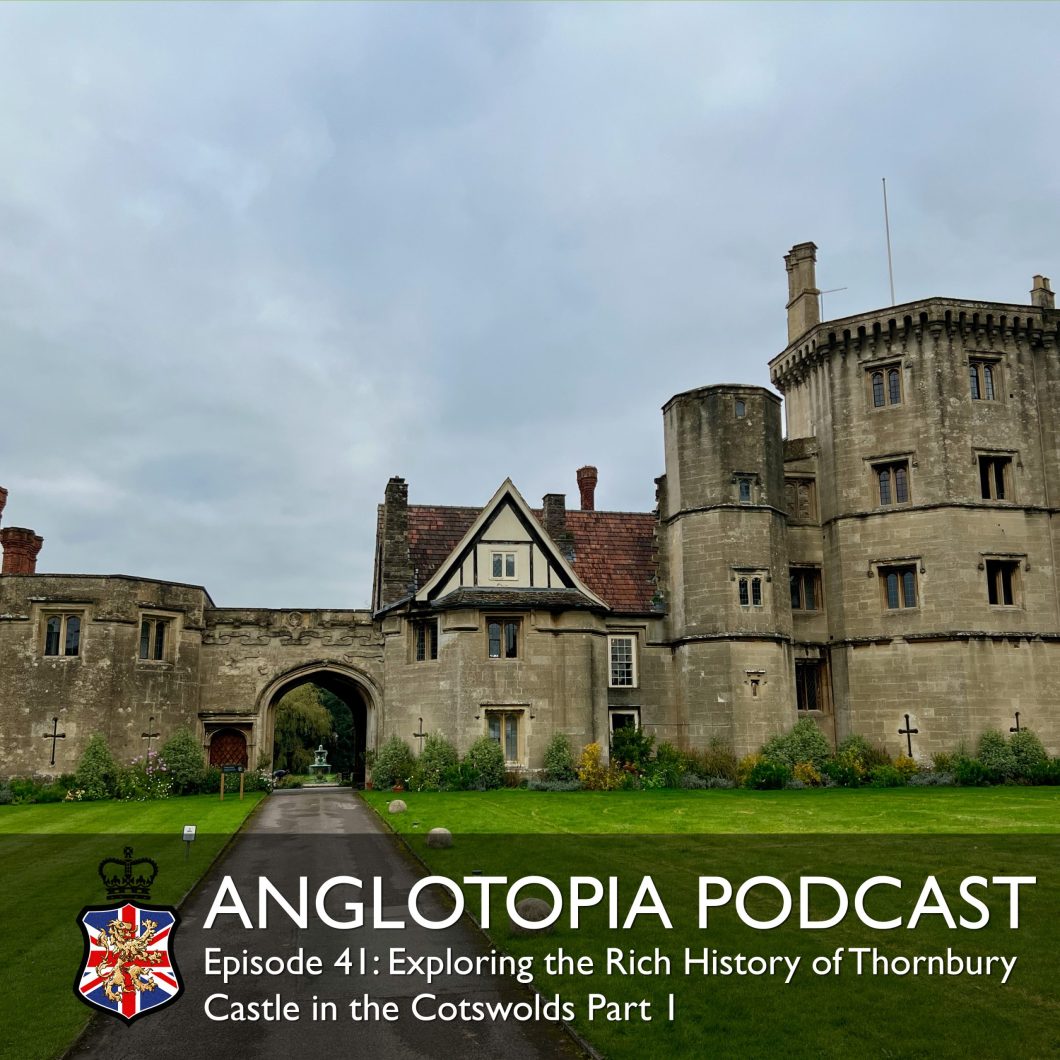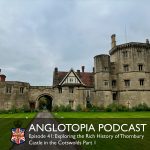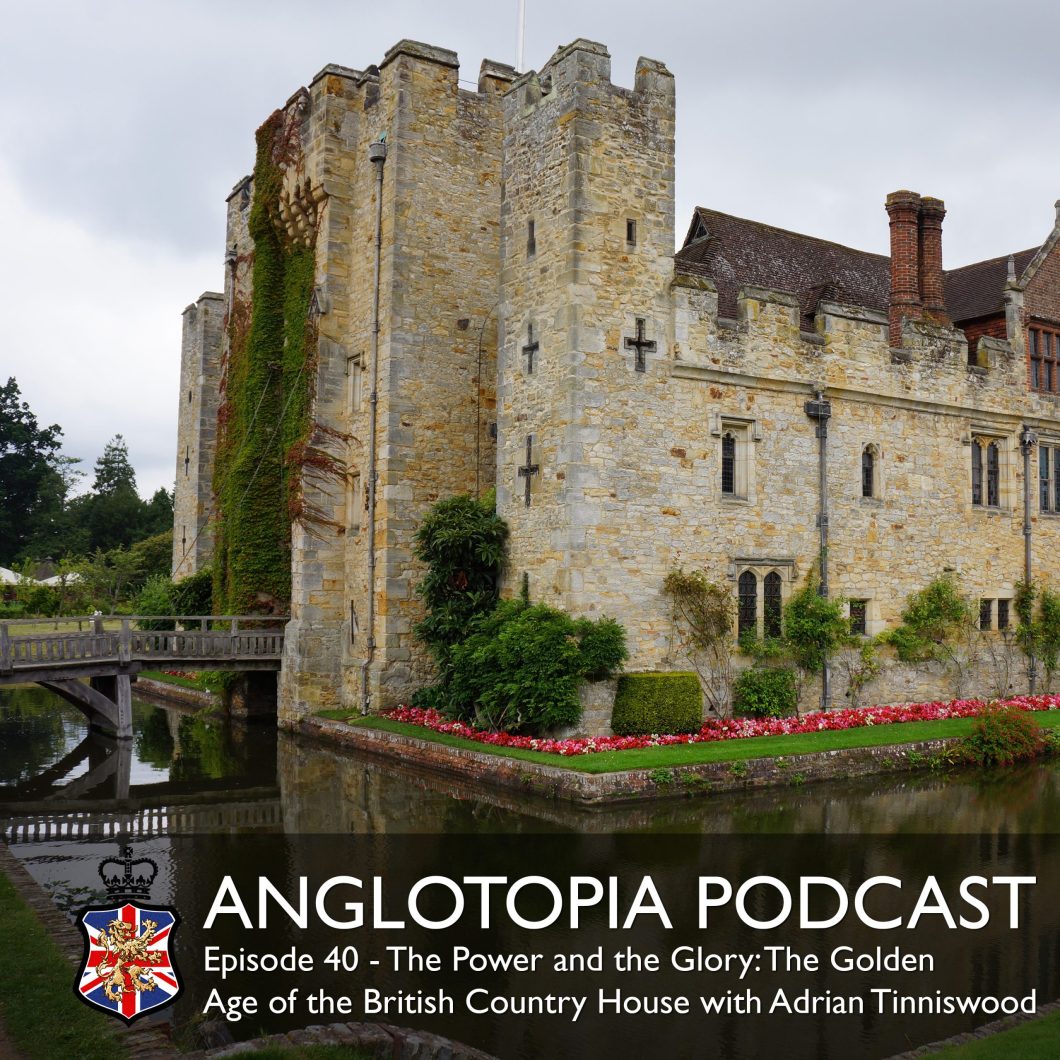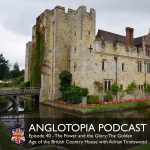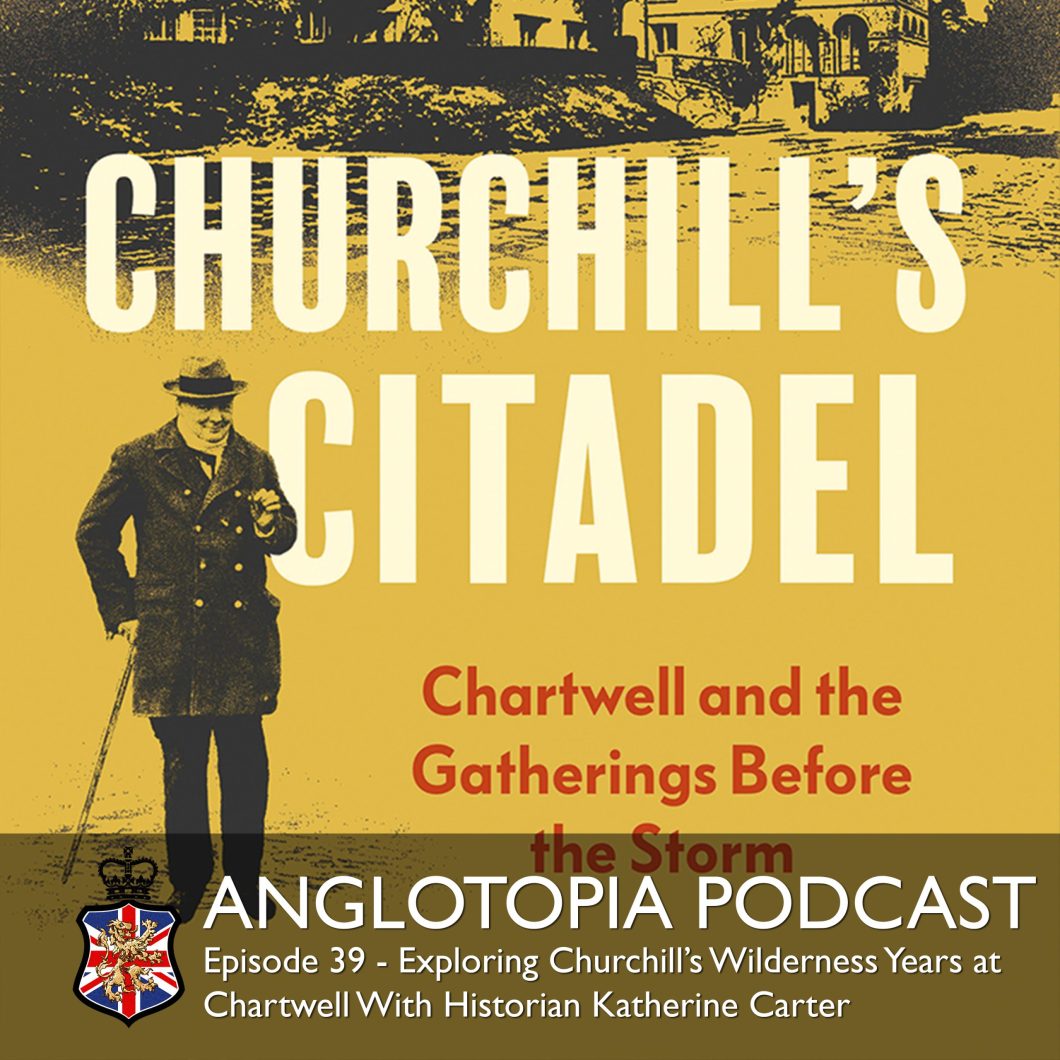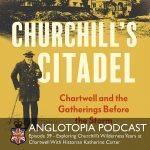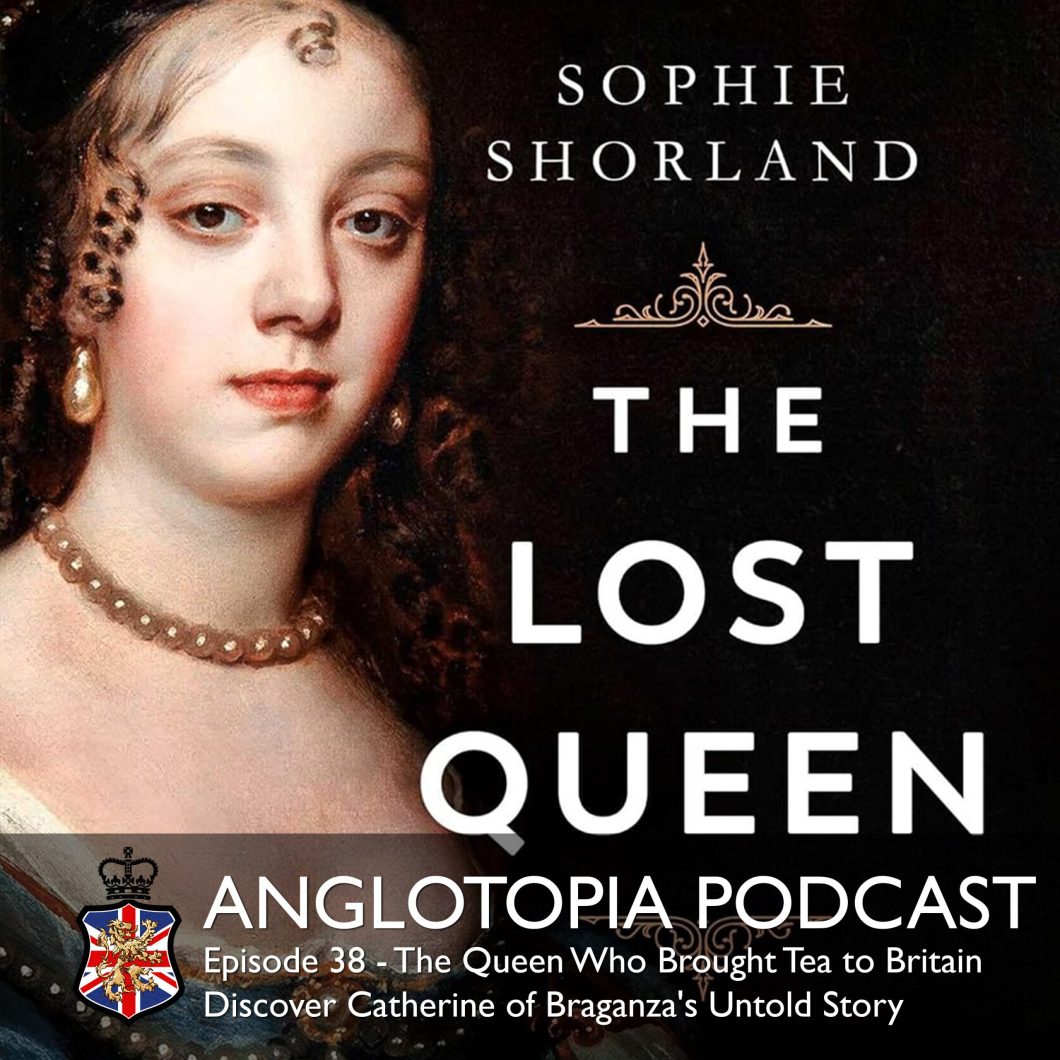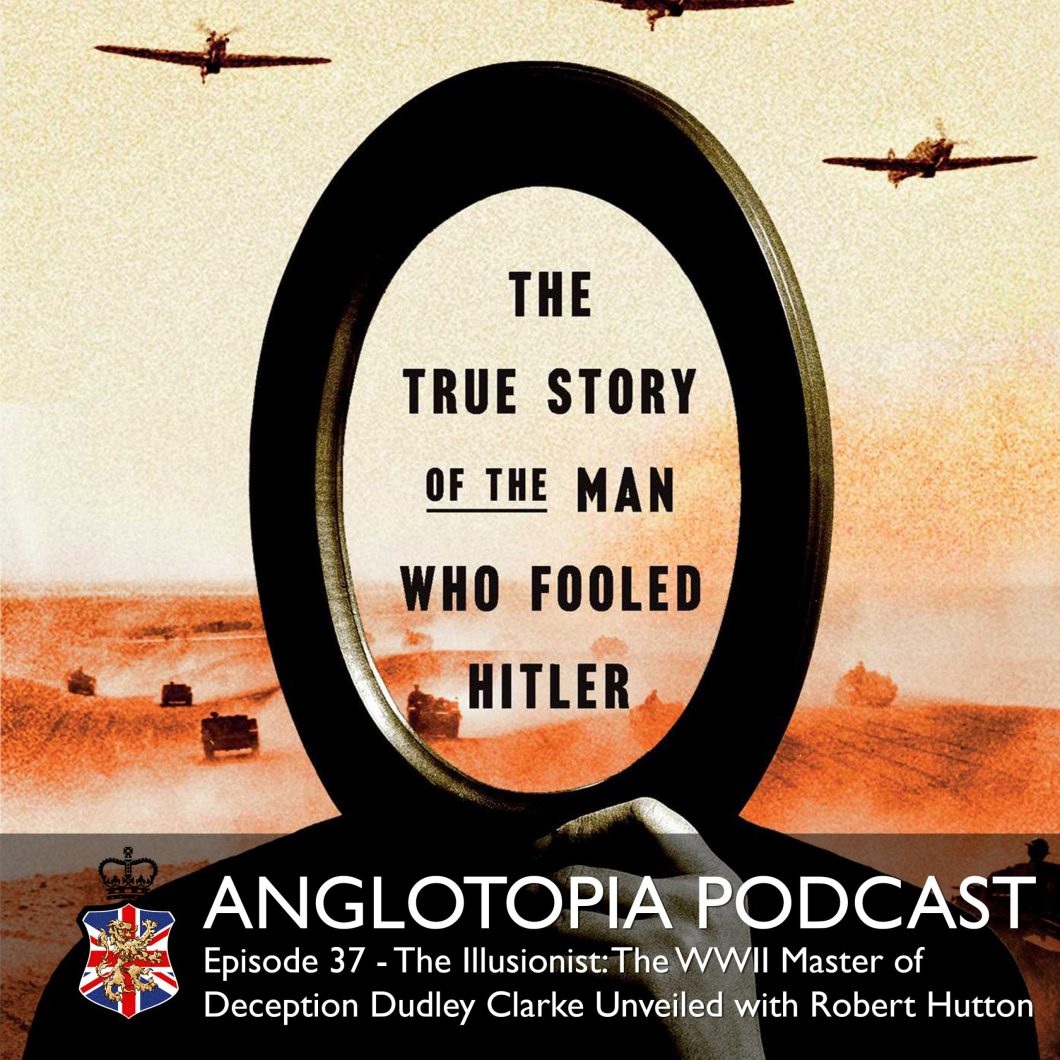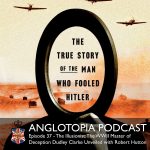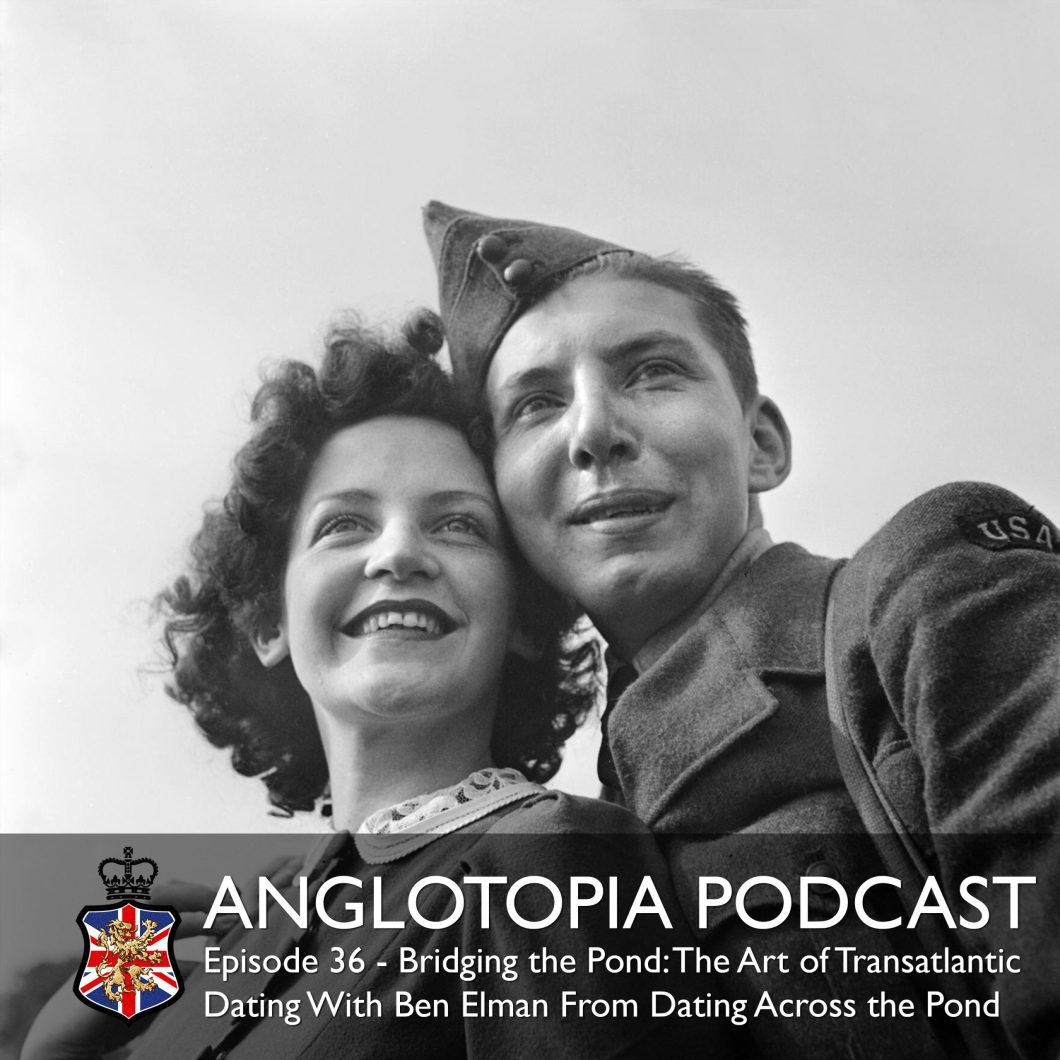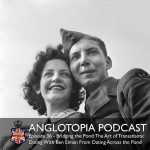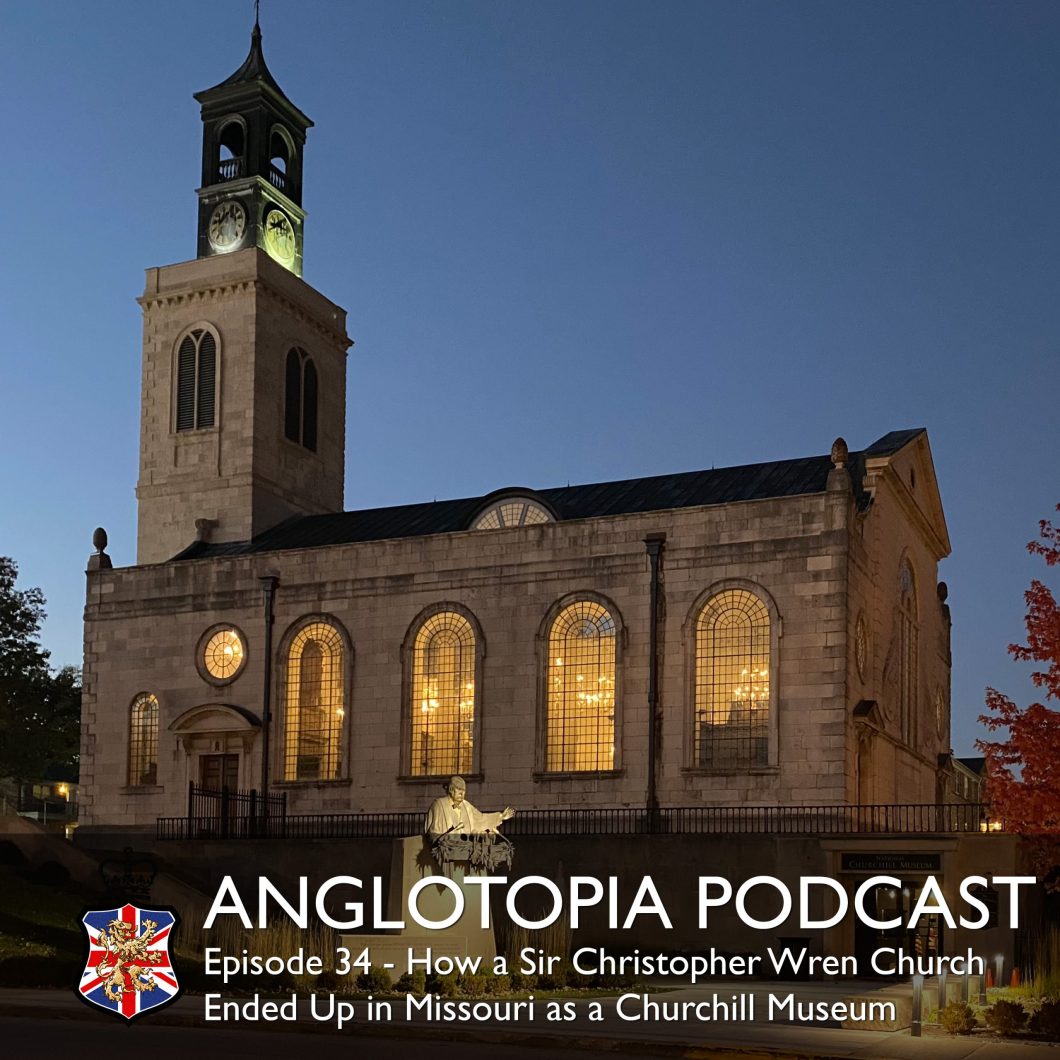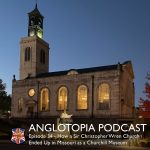
In this episode of the Anglotopia podcast, Jonathan and Jackie share their experiences from a recent trip to England, highlighting the long-awaited return to the country, unique events attended, and the charm of London. The conversation covers the International Churchill Conference and cultural experiences, including visits to historic sites and art exhibitions. They reflect on their dining experiences and the beauty of British culture, providing listeners with travel tips and insights into their journey.
Links
- International Churchill Society
- International Churchill Conference
- Articles about our trip so far
- Monet Exhibition
- Van Gogh Exhibition
- Rules
- Lancaster House
Takeaways
- Traveling to England after a long hiatus is exhilarating.
- Unique venues like Dartmouth House enhance event experiences.
- Riding the tube in London is a cherished experience.
- The International Churchill Conference was a dream come true.
- Networking at conferences is essential for meaningful connections.
- Lancaster House offers a glimpse into British history and opulence.
- Cultural exhibitions, like Monet’s, are must-see attractions.
- Dining at historic restaurants like Rules is a memorable experience.
- Planning and booking in advance is crucial for popular attractions.
- Experiencing London through its art and history enriches travel.
Sound Bites
“I love the tube!” “The food was amazing!” “It was perfection!”
Chapters
00:00 Welcome Back to England 04:28 The International Churchill Conference 10:09 Planning the Trip Together 11:35 Exploring London: Arrival and First Impressions 17:55 Cultural Experiences: Monet and Afternoon Tea 23:54 Dining at Rules: A Taste of Tradition 28:56 High Tea at Fortnum and Mason 59:57 anglotopia-podcast-outro.mp4

